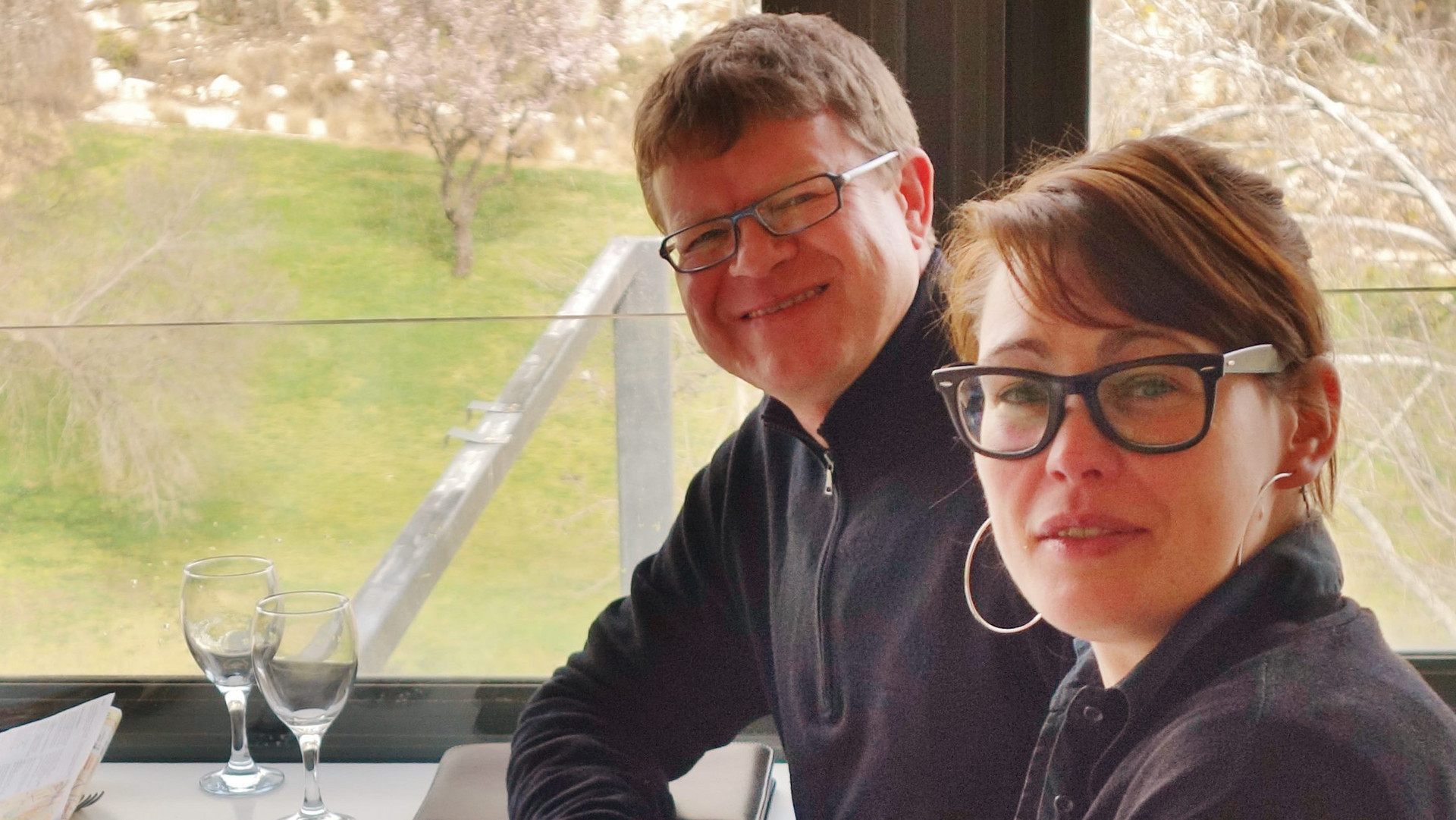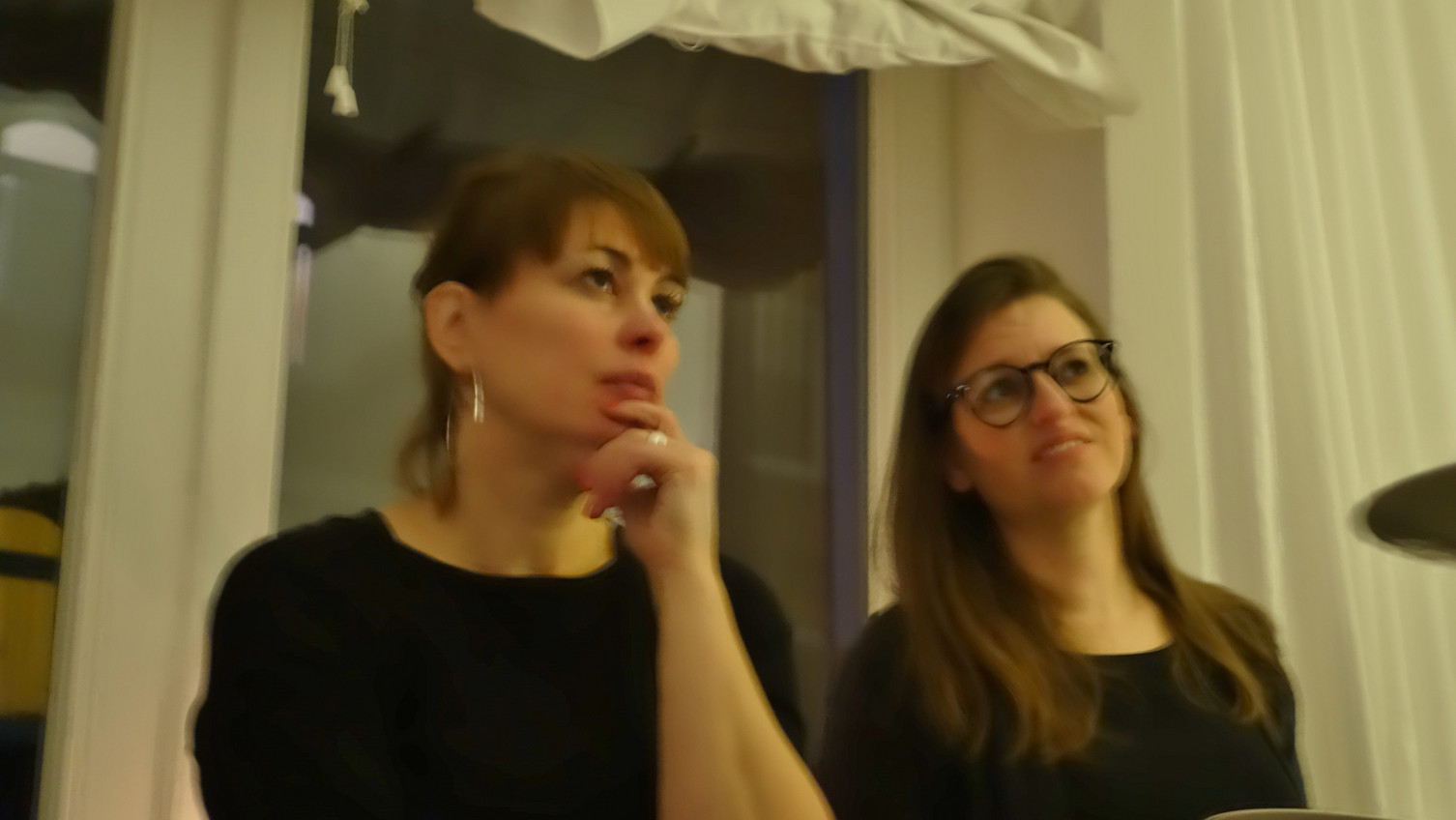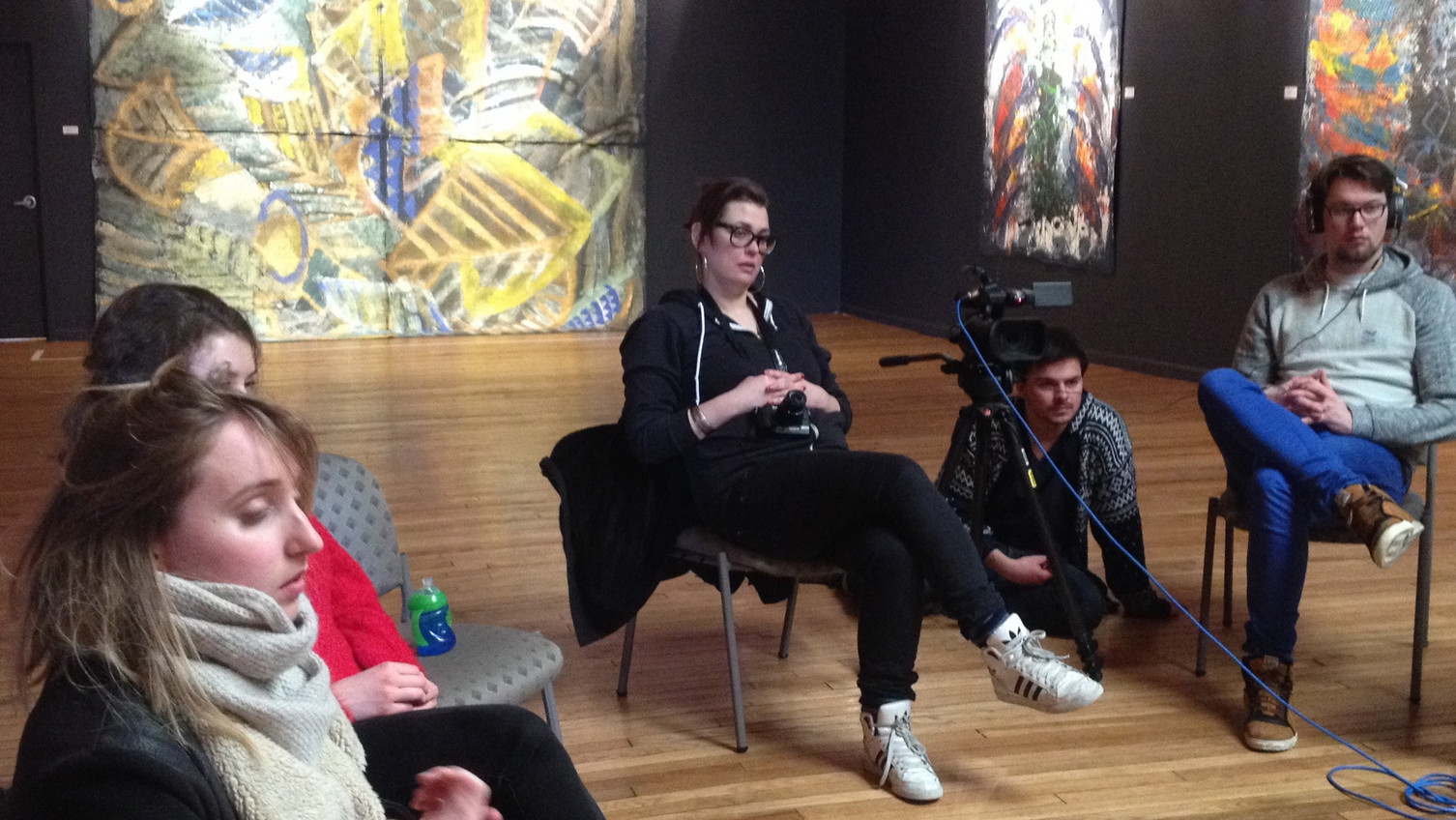 ©Privat
©Privat
Between stage, activist protest and critical urban research. Obituary of our colleague and friend Patricia Wedler
2023-06-29
"Urban molecule" and "singing feature writer" are just two descriptions with which Patricia Wedler was aptly honored in the first obituaries in June 2023 in the ZEIT, in the taz or on BYTE FM. Only a few weeks before these lines were to be read, she was awarded the "Incorruptibility Prize" by the Hamburg Pudel Foundation - a prize for people "who don't write culture with a C, because coal, corruption and commerce also start with it". That alone says a lot about our late colleague - about her smart work in research, her consistent and creative style as an artist, and her critically reflective view of civil society. But it also says a lot about her nature as a warm-hearted, empathic and open-minded, calm and, in the most positive of senses, whimsically ironic person who could laugh at herself. On June 14, Patricia or Patex, as she was also called at the Institute of Sociology and Cultural Organization at Leuphana University, due to her artist name, passed away because of her ALS disease.
Patex has always been there when it came to subculture, urban development and music, first in Hamburg and then elsewhere. Since 2003 as a fellow student in the Applied Cultural Studies program - at that time still at the University of Lüneburg - in the seminars on critical theory with Roger Behrens or on creativity, city and cultural policy with Christoph Behnke or Volker Kirchberg. On stage at the Golden Pudel Klub or on the culture ship MS Stubnitz, when it still shuttled back and forth between Hamburg and Rostock, and where Robin Kuchar experienced her for the first time as bassist and singer for Knarf Rellöm. And at the end of the 2000s, in the "Right to the City" movement in Hamburg - when the discourses around gentrification, the Gängeviertel and the urban displacement of artists experienced a first peak, and where Volker Kirchberg got to appreciate her. Even then, a critical view of society and urban development was a defining theme in her music - well before the first album "Randnotizen aus [side notes from] Idiot Town" of her solo project "School of Zuversicht [confidence]': "The city is the focus of attention because it is our factory, our place of work and production. But idiot town is not only in Hamburg, idiot town is everywhere!" says Patex in an interview. Idiot town - the urban ideal of coal, corruption and commerce and the opposite of free art making and creativity.
She also continued her experiences and reflections on this urban imbalance in exploring criticism and cultural studies. She got attention with her excellent master's thesis on the "Role of the Artist in Neoliberal Urban Development - Projects of "Right to the City" in Hamburg." There, she depicts the tension and contradictoriness of artistic action between commitment to the right to the city and an artist's career, and focuses on the one hand on artists' skepticism about urban embraces and on the other on their willingness to "play along" there.
She continued as a collaborator in the joint project "City as a Space of Possibility (SaM)" for sustainable, artistically-culturally oriented and socially compatible urban development, where Constantin Alexander met her in Hanover. In parallel, she worked as part of the "Planbude", a model project for citizen participation for the redevelopment of the former Esso-Häuser site in Hamburg St. Pauli - in a team of scientists, activists and artists.
And as a preliminary highlight, she was involved in developing and working in the international project "Critical Art(ist)s and Urban Development - A collaborative study comparing German and Israeli Cities (CAUDE)" from 2015. Together with Volker Kirchberg and Avner de Shalit from the Hebrew University of Jerusalem, the project focused on her heartfelt topic - the question of what alternatives there are to the dominant current urban forms of living and working and what contribution artists can make to this. She outlined the idea of investigating politically critical artistic interventions in urban spaces by comparing major cities in northern Germany and Israel. Based on empirical research in Germany and Israel and her experience at Planbude, she then developed a highly interesting and promising dissertation project in 2018 on "Real Utopias as Blueprints of a Future Urban Society: An Analysis of Urban Heterotopias at the Intersection of Artistic and Social Criticism."
She could not complete this project. What remains now are memories. Memories of a meticulous and always well-founded colleague who could also become quite biting in the sociological-empirical interviews with municipal authorities and cultural administrations: "Doesn't that mean that one accepts that certain forms of artistic creation are made impossible by current cultural policy? I have the impression that it is a prerequisite that I buy space to work there as an artist. Most of the artistic community is not able to do that."
Memories of joint field trips to musical hotspots in Detroit and Baltimore, and communal togetherness remain, like at the 2018 ESA Sociology of the Arts conference in Malta, when our entire academic team shared a house in Valletta. We honor the memories of a friend who was bubbling with original ideas as a musician, activist, and in dealing with her beloved subject of critical urbanism. And we keep memories of a person who was able to combine the best of scholarship, art-making, and activism. In this, Patex was not only a true artist and intellectual - she was also a special person.
For all employees of the professorship
Sociology of the Arts
Volker Kirchberg
Robin Kuchar
Constantin Alexander
 ©privat
©privat
 ©privat
©privat
